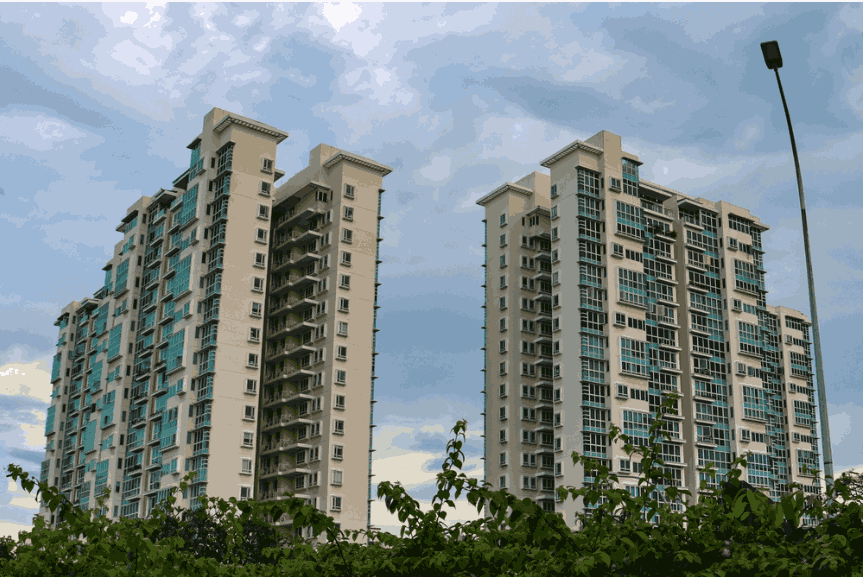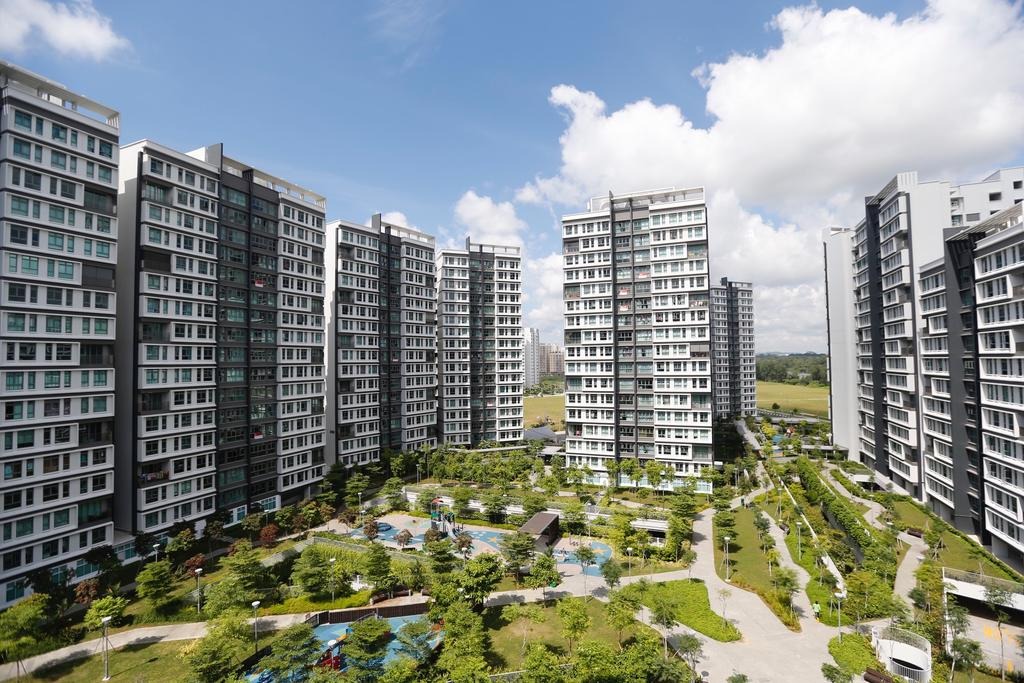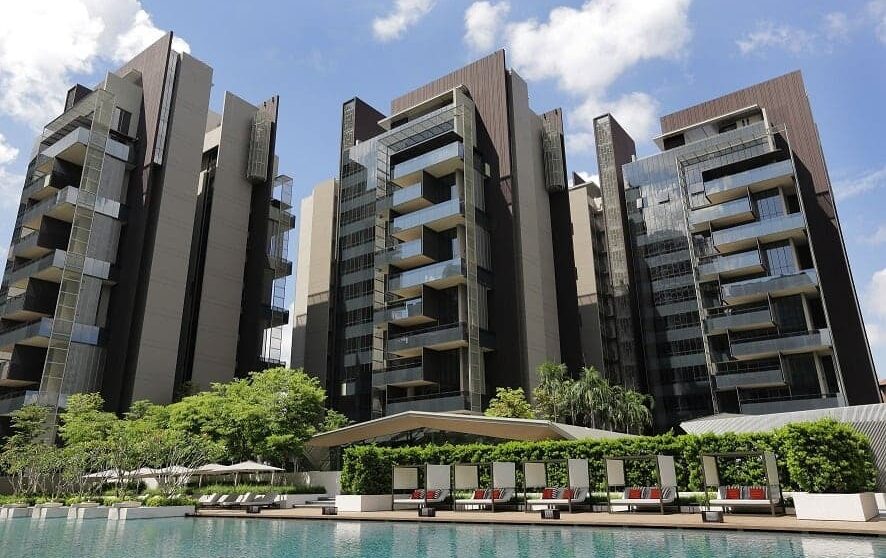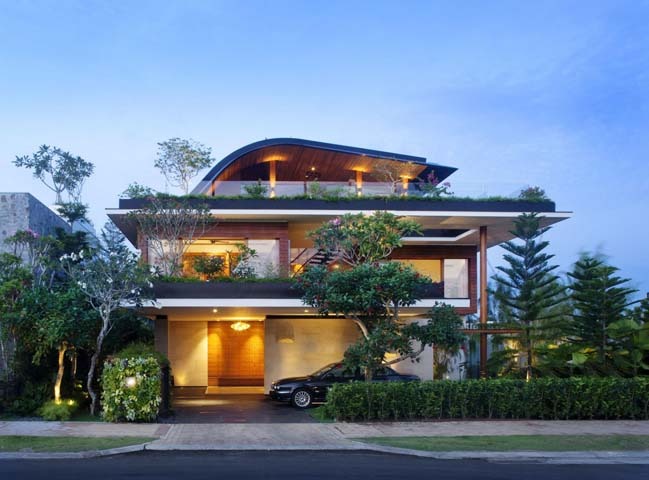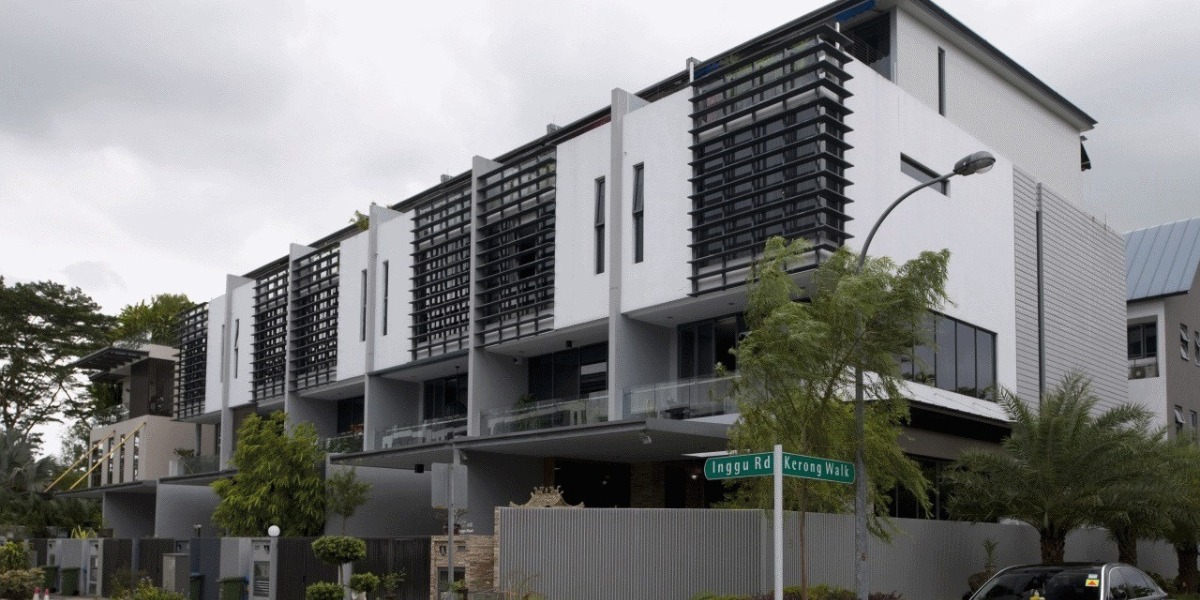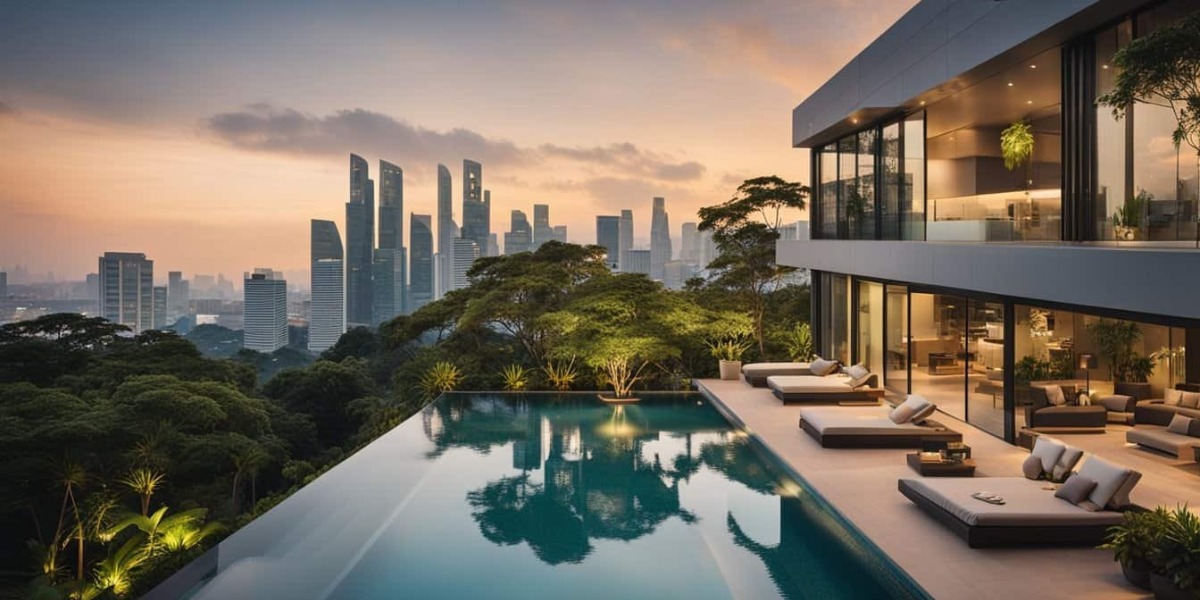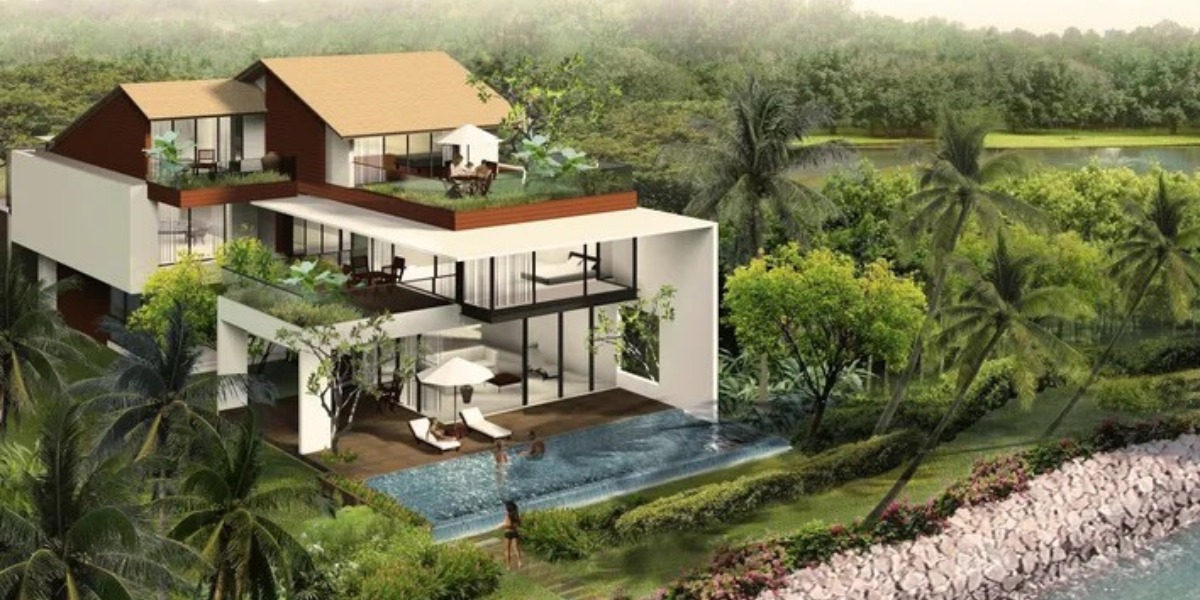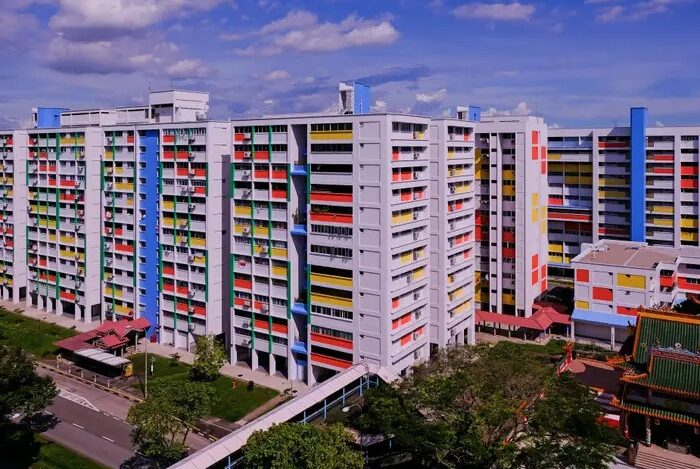The Complete Guide to Buying Property in Singapore: Expert Insights from Dominic Choa Real Estate

Singapore, a vibrant Southeast Asian city-state, has long been a magnet for international property investors. With its strong economy, stable political climate, and strategic location, it remains an attractive destination for both local and foreign buyers looking to invest in real estate. Many people see Singapore’s property market as a key part of their wealth-building strategy, which is known for its resilience and potential for long-term growth.
For years, Dominic Choa Real Estate has led Singapore’s real estate scene, helping countless clients navigate the ins and outs of buying a home. Whether you’re an experienced investor, a first-time buyer, or someone from abroad eager to dive into this dynamic market, this comprehensive guide aims to provide you with valuable insights into purchasing property in Singapore.
Understanding Singapore’s Property Market
A. Current Market Trends
Even in the face of significant global economic headwinds, the Singapore real estate market has demonstrated incredible resiliency. By 2024, both the public and private housing markets will have experienced consistent expansion. Over the past few years, private residential prices have climbed by an average of 3-5% annually, while HDB resale prices have consistently appreciated as well.
B. Types of Properties Available
HDB Flats: The foundation of Singapore’s residential environment is Housing and Development Board (HDB) flats, which are public housing. They come in a range of sizes, from flats to executive apartments to executive maisonettes, and are reasonably priced.
Condos: Popular among local Singaporeans and Permanent Residents (PR) for their “status”, facilities, and investment potential, these private residential apartments offer a variety of amenities like tennis courts, swimming pools, and gyms for residents. They are available in different varieties, from mass-market condominiums to luxury high-rise apartments.
Landed Properties: These consist of terraced, semi-detached, and bungalow-style homes. Although they are typically more expensive and have some ownership limitations, they provide greater privacy and space.
Commercial properties: These include retail stores, office buildings, and industrial properties. Business owners and investors seeking rental income may find these properties appealing.
C. Factors Influencing Property Prices
Here are several factors that impact property prices in Singapore:
- Location and accessibility
- Property type and size
- Lease tenure (freehold vs. leasehold)
- Market demand and supply
- Government policies and cooling measures
- Economic conditions and interest rates
Eligibility and Regulations
A. Rules for Singaporean Citizens
Singaporean citizens have the most flexibility when it comes to buying property in Singapore. They are not restricted in their ability to purchase private or public (HDB) properties. Still, there are laws to be mindful of, especially when purchasing HDB apartments. Because HDBs are public housing meant for the majority of Singaporeans, there are certain restrictions such as the Ethnic Integration Policy (EIP). The EIP is put in place to preserve Singapore’s multicultural identity and promote racial integration and harmony. It ensures that there is a balanced mix of the various ethnic communities in HDB towns. The EIP limits are set at block and neighborhood levels based on the ethnic makeup of Singapore.
B. Regulations for Singapore Permanent Residents (PRs)
Singapore Permanent Residents (PRs) have more options than foreigners but fewer than citizens. PRs can:
- Buy resale HDB flats, subject to certain conditions
- Purchase private properties without restrictions
- Buy landed properties with approval from the Land Dealings Approval Unit (LDAU)
C. Guidelines for Foreigners Buying Property in Singapore
Foreigners interested in buying property in Singapore face more restrictions:
- They can buy private condominiums or apartments without approval but are subject to Additional Buyers Stamp Duty.
- Purchasing landed properties requires approval from the LDAU and is subject to strict conditions
- Foreigners cannot buy HDB flats directly from the open market
D. Recent Changes in Property Buying Rules
In recent years, the Singapore government has implemented several property cooling measures to maintain a stable and sustainable property market:
- Increased Additional Buyer’s Stamp Duty (ABSD) rates
- Tightened Total Debt Servicing Ratio (TDSR) framework to 55%
E. Impact of New Regulations on the Market
By limiting price growth, these cooling measures have assisted in averting market overheating and ensuring the Singapore Property Price Index grows at a stable and sustainable pace. Additionally, they have changed real estate investor strategy and buyer preferences to focus on prudent property investments due to the high additional buyer stamp duty for second property purchases.
Step-by-Step Guide to Buying Property
A. Assessing Financial Situation and Budgeting
Before embarking on your property-buying journey, it’s crucial to:
- Evaluate your income and expenses
- Check your credit score
- Determine your budget, including downpayment and monthly mortgage payments
- Consider additional costs like stamp duties, legal fees, and property taxes
B. Securing Financing and Loan Options
Most property purchases in Singapore involve taking out a mortgage. Key considerations include:
- Choosing between bank loans and HDB loans (for HDB flats)
- Understanding loan-to-value (LTV) limits
- Comparing interest rates and loan tenures
- Meeting TDSR requirements
C. Property Search Process
With your budget and financing in place, you can start your property search:
- Define your criteria (location, size, type of property)
- Use online property portals and real estate agency websites
- Attend property viewings and show flats
D. Working with Real Estate Agents
A good real estate agent can be invaluable in your property search.
At Dominic Choa Real Estate, we:
- Provide access to a wide range of listings
- Offer insights into different neighborhoods and property types
- Handle negotiations and paperwork
- Guide you through the entire buying process
E. Due Diligence and Property Valuation
Before making an offer, conduct thorough due diligence:
- Check the property’s ownership history
- Review the property’s condition
- Get a professional valuation
- For resale properties, check for any outstanding loans or legal issues
F. Making Offers and Negotiation
Once you’ve found a suitable property:
- Make an offer through your agent
- Be prepared for counteroffers and negotiations
- Agree on terms like price, payment schedule, and any conditions
G. Legal Process and Documentation
After accepting an offer:
- Engage a lawyer to handle the legal aspects
- Review and sign the Option to Purchase (OTP)
- Complete the Sale and Purchase Agreement
- Pay the necessary stamp duties
H. Completion and Handover
The final steps include:
- Finalizing your mortgage
- Conducting a final property inspection
- Receiving the keys and taking possession of the property
Buying Private Property in Singapore
A. Benefits of Investing in Private Property
Private properties offer several advantages:
- Potential for higher capital appreciation
- More flexibility in terms of rental and resale
- Access to exclusive facilities and amenities
- No restrictions on foreign ownership for non-landed properties
B. Types of Private Properties
Private properties in Singapore include:
- Condominiums and apartments
- Executive Condominiums (ECs)
- Landed properties (subject to restrictions for foreigners)
C. Restrictions and Eligibility Criteria
While there are fewer restrictions on private property purchases, buyers should be aware of:
- Minimum age requirements (usually 21 years old)
- Restrictions on foreign ownership of landed properties
- ABSD rates for second and subsequent property purchases
D. Financing Options for Private Property
Financing options for private properties include:
- Bank loans with varying interest rates and terms
- Consideration of floating vs. fixed interest rates
- Understanding the impact of TDSR on loan amounts
Landed Property in Singapore
A. Types of Landed Property
Landed properties in Singapore include:
- Bungalows
- Semi-detached houses
- Terraced houses
- Good Class Bungalows (GCBs)
B. Regulations for Different Buyer Categories
Regulations vary depending on the buyer’s status:
- Singaporean citizens can purchase most types of landed property
- PRs need approval from the LDAU to buy landed property
- Foreigners face significant restrictions and need LDAU approval
C. Pros and Cons of Landed Property Investment
Pros:
- More space and privacy
- Potential for higher capital appreciation
- Ability to rebuild or renovate extensively
Cons:
- Higher purchase and maintenance costs
- More restrictions on foreign ownership
- Typically lower rental yields compared to condos
Commercial Property Investment
A. Types of Commercial Properties
Commercial properties in Singapore include:
- Office spaces
- Retail units
- Industrial properties
- Hotels and serviced apartments
B. Benefits and Challenges
Benefits:
- Potentially higher rental yields
- Longer lease terms
- Diversification of investment portfolio
Challenges:
- Higher initial investment
- More complex management and maintenance
- Susceptibility to economic cycles
C. Key Considerations for Buyers
When buying commercial property, consider:
- Location and accessibility
- Tenant mix and occupancy rates
- Zoning regulations and permitted uses
- Potential for future development or en bloc sales
Buying a Second Property
A. Additional Buyer’s Stamp Duty (ABSD)
ABSD rates for second and subsequent properties:
- Singaporean citizens: 17% for second property, 25% for third and subsequent
- PRs: 25% for second property, 30% for third and subsequent
- Foreigners: 30% for any residential property purchase
B. Strategies for Managing Multiple Properties
- Consider setting up a holding company
- Explore decoupling options for married couples
- Look into commercial properties which are not subject to ABSD
C. Potential Returns: Rental Income and Capital Appreciation
- Research areas with high rental demand
- Consider properties near upcoming infrastructure developments
- The balance between immediate rental yields and long-term capital appreciation
Expert Tips from Dominic Choa Real Estate
A. Insider Knowledge of Market Trends
- Focus on properties in areas with upcoming infrastructure improvements
- Consider properties with en bloc potential
- Keep an eye on government land sales for future development opportunities
B. Areas with Growth Potential
- Emerging neighborhoods like Jurong Lake District, Lentor, and Paya Lebar Central
- Areas benefiting from new MRT lines (e.g., Thomson-East Coast Line)
- Mature estates undergoing rejuvenation
C. Common Pitfalls to Avoid
- Overlooking hidden costs (e.g., maintenance fees, property tax)
- Neglecting to conduct thorough due diligence
- Overextending financially or overleveraging
D. Maximizing Property Investment Returns
- Consider properties with strong rental potential
- Look for value-add opportunities (e.g., properties that can be renovated or rebuilt)
- Stay informed about market trends and government policies
Investing in property in Singapore presents a fantastic opportunity to tap into one of Asia’s most stable and prosperous markets. Whether you’re a first-time buyer, an experienced investor, or someone from abroad looking to enter the Singapore property scene, it’s essential to understand the details of the buying process.
At Dominic Choa Real Estate, we’re dedicated to guiding you through every step of your property journey. With our deep knowledge of the Singapore real estate market and a personalized approach, we’ll help you make informed choices that align with your investment goals.
If you need assistance navigating the complexities of Singapore’s real estate market, reach out to us at Dominic Choa Real Estate. Our team of experts is here to help you find the perfect property investment in Singapore.

